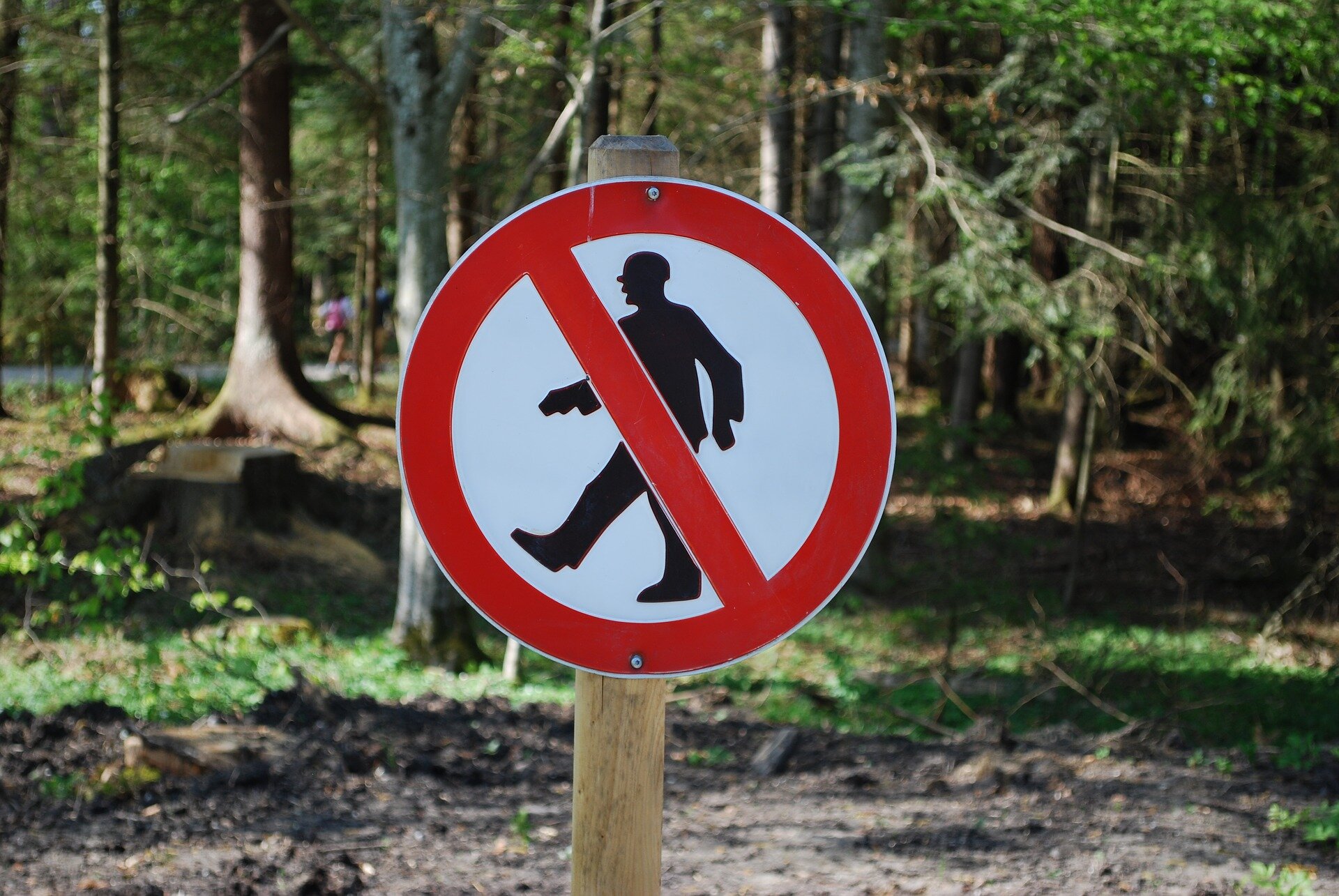Blogging Nietzsche—Nietzsche's Poetry: "Rust"
One of the enjoyable aspects of reading Nietzsche’s poetry is reading between the lines, interpreting his aphoristic poetry in terms of his overall philosophy, finding new meaning in them beyond the literal words on the page. Such is the case with Nietzsche’s poem “Rust” (Nietzsche, The Gay Science, ‘Joke, Cunning, and Revenge’: Prelude in German Rhymes, No. 15):
15. Rust
Rust must be added: sharpness goes unsung!
Else they will always say: ‘He is too young!’
The obvious combat metaphor in “Rust” should be clear, harkening back to warrior cultures that value honor and glory through hard-fought victory in battle. If your sword is too sharp, you have not fought enough battles, nor won enough victories. People will not sing of your victories and accomplishments until your sword has been tested in battle, with enough experience and damage for the once-new blade to have some rust to demonstrate both your experience and the adversities you have overcome. A young warrior who has yet fought no battles and won no victories will not yet have songs sung of him or her.
While a young warrior with a blade too new and untested to show any rust may not be song-worthy, neither is an old warrior with a blade still new and sharp, who has lived his or her entire life avoiding the fight, having overcome no obstacles, always remaining safely behind the lines, never really facing the challenges of life. I believe this to be the meaning of the second line of the poem: “Else they will always say: ‘He is too young!’” Even if you have survived into old age, if you have never really challenged yourself, if you have stayed behind the lines of safety, if you never really engaged with your enemies (literal or metaphorical), if your character traits are still so sharp that they have never been honed with the patina of experience through the battles and the glories and sometimes the failures of life, then you will eternally young, but not in a good way, in the sense of one who never really lived or engaged with life either in its challenges or in its potential for glory and victory.
It is not enough to own a sword and be eternally ready for battle by keeping it sharp. For people to sing songs of your life, to live a dramatic life worthy of remembrance and song, you must add some rust, some color, some damage, some tarnish, and some dents to your blade; you must really engage in the fight of life, in whatever that means for you as the warrior and champion of your own life. If you eternally stay in the safety zones, never struggling, never engaging, never putting your sword or your skills to the test, then you are destined to be forgotten—even worse, you never will have really lived.
As I get older I value the way in which the scars of life accumulate: my heartbreaks, my disappointments, my failures, my emotional and physical wounds, for these are badges of honor showing that I have really lived my life, that I have actually taken up and carried the mantle at every turn, that I didn’t hide in the comfort zones of life. Happily these scars and wounds are also accompanied by many badges of victory—the transcendence and euphoria of my real accomplishments, my hard-fought achievements, my real loves fought for and won (and sometimes lost), of adversities overcome. Every line in my face, every tinge of gray in my hair, every true feeling inside my heart (both happy and sad—the rapturous joy and the deepest wounds), every item on the metaphorical or literal c.v. of my life is a testament to a battle fought and won, or at least a testament to my willingness to stand up and fight once again after any defat or retreat. Along with Nietzsche, I would rather be a rusty old man who really lived his life than to be a pathetic old man with a too-sharp sword who always played it safe or who hid from the battle with the masses and the herd, always ready for battle but never really fighting one, and hence never really living.
For Further Reading:
The Gay Science by Friedrich Nietzsche








